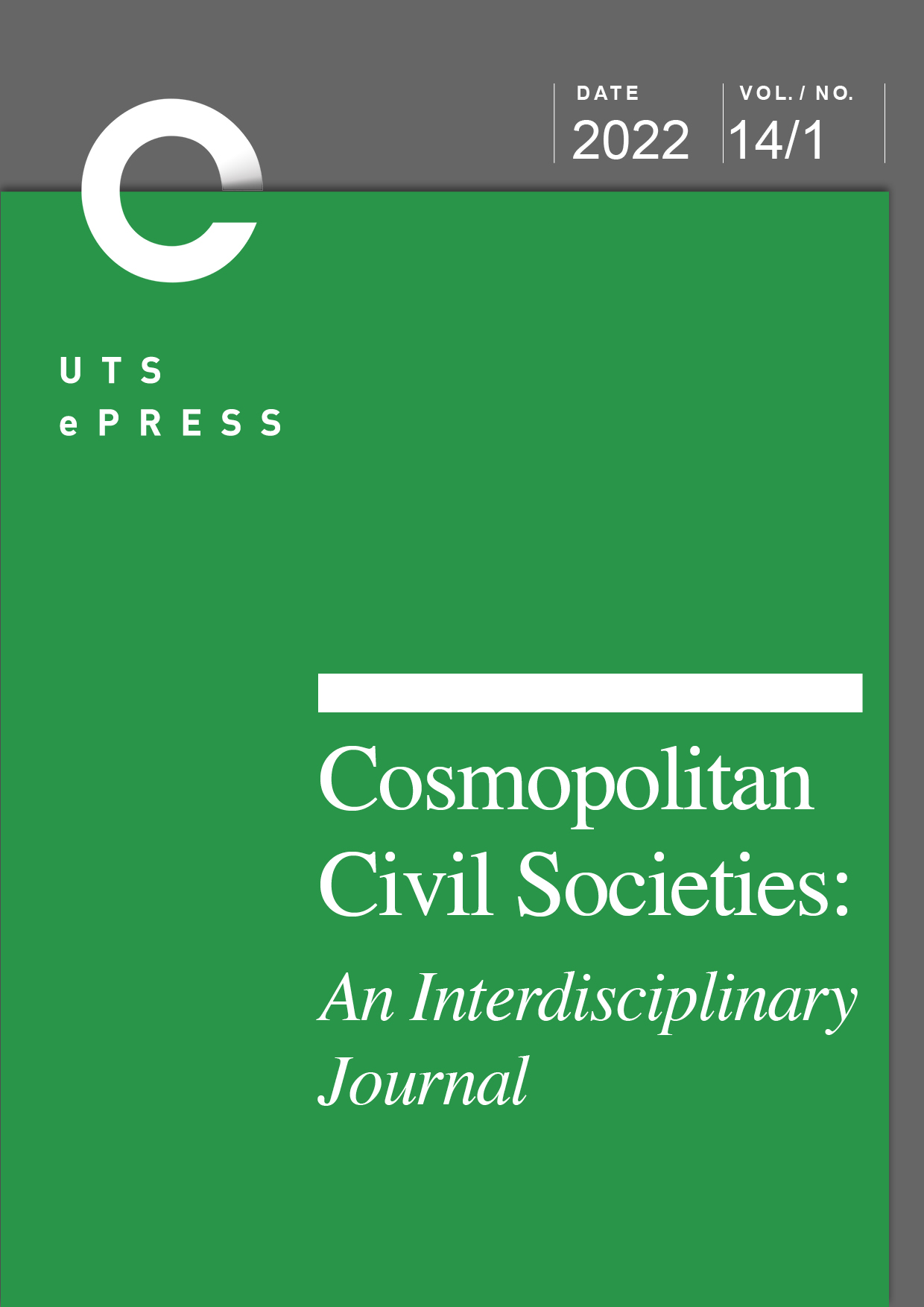“Sana All”: Netizens’ Perception of Government Responses to COVID-19
Main Article Content
Abstract
Netizens posted views that contradicted the results released by research agencies about the Philippine government's responses to COVID-19. In this study, Twitter, which is a key communication channels, was the main source of data to explore the public’s perception of the Philippine government’s performance to the pandemic response. To limit tweets to be studied, sana all, a language phenomenon mostly used at the time of community lockdowns, was observed and utilized as a code identify relevant tweets. Between March and August 2020, 257 tweets were collected and researchers used presuppositions to extract socio-political context and truths implied in tweets. Then, the data underwent a 6-level thematic analysis and eleven categories were formed. The prevalent language intention emerging from the tweets is empathy. This paper will discuss how empathy associates the sound dissatisfaction of the netizens with the responses made by the current administration to combat the COVID-19 multi-effects.
Article Details
Issue
Section
Authors who submit articles to this journal from 31st March 2014 for publication, agree to the following terms:
a) Authors retain copyright and grant the journal right of first publication with the work simultaneously licensed under a Creative Commons Attribution License that allows others to share and adapt the work with an acknowledgement of the work's authorship and initial publication in this journal.
b) Authors are able to enter into separate, additional contractual arrangements for the non-exclusive distribution of the journal's published version of the work (e.g., post it to an institutional repository or publish it in a book), with an acknowledgement of its initial publication in this journal.
c) Authors are permitted and encouraged to post their work online (e.g., in institutional repositories or on their website) prior to and during the submission process, as it can lead to productive exchanges, as well as earlier and greater citation of published work (See The Open Access Citation Advantage Service). Where authors include such a work in an institutional repository or on their website (ie. a copy of a work which has been published in a UTS ePRESS journal, or a pre-print or post-print version of that work), we request that they include a statement that acknowledges the UTS ePRESS publication including the name of the journal, the volume number and a web-link to the journal item.
d) Authors should be aware that the Creative Commons Attribution (CC-BY) License permits readers to share (copy and redistribute the work in any medium or format) and adapt (remix, transform, and build upon the work) for any purpose, even commercially, provided they also give appropriate credit to the work, provide a link to the license, and indicate if changes were made. They may do these things in any reasonable manner, but not in any way that suggests you or your publisher endorses their use.
For Volume 5 No 3 (2013) and before, the following copyright applied:
Authors submitting articles to UTSePress publications agree to assign a limited license to UTSePress if and when the manuscript is accepted for publication. This license allows UTSePress to publish a manuscript in a given issue. Articles published by UTSePress are protected by copyright which is retained by the authors who assert their moral rights. Authors control translation and reproduction rights to their works published by UTSePress. UTSePress publications are copyright and all rights are reserved worldwide. Downloads of specific portions of them are permitted for personal use only, not for commercial use or resale. Permissions to reprint or use any materials should be directed to UTSePress.
